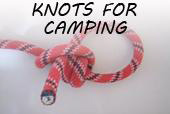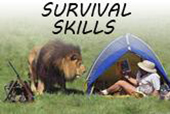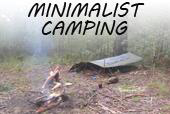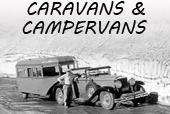It is sensible for hikers and hunters to make the investment in top-grade hiking boots. Strong, well insulated and moisture-proof boots with steel or graphite shanks offer terrific ankle and foot support that helps decrease stress and muscle tiredness to repress injury risk.
In wet and crisp, cold weather, donning suitable socks can help avoid blisters, fungal infections and frostbite. A fine synthetic sock for the initial layer retains dry feet and lessens rubbing that forms blisters. For the second layer, wool socks supply warmth, catch moisture away from the skin, and help make the hiking boot cozier. Wool permits moisture to evaporate more quickly than cotton, so fewer blisters grow.
How should you act if your feet or ankles start to suffer on a hike or hunt? Pain typically happens because of overuse, being out of shape, or even from simply walking. If you’re not habituated to walking on inclined or broken ground, your legs and feet will get fatigued and cause muscles and tendons to hurt. To avert a critical injury, such as a serious sprain to the ankle or an Achilles tendon rupture, take a breather for for a while if you begin to hurt.
Temperance is also a favorable technique to follow when first setting forth in the woods. Compare hiking to skiing in that beginners should take on less ambitious trails until they become better qualified and more capable. Applying common sense in starting out easy will make your hunt more comfortable and pleasurable.












